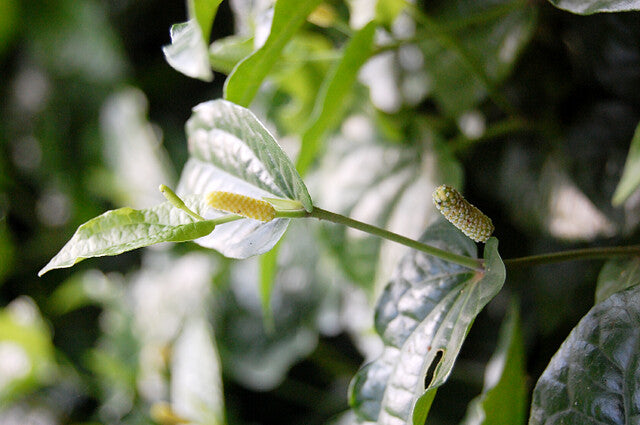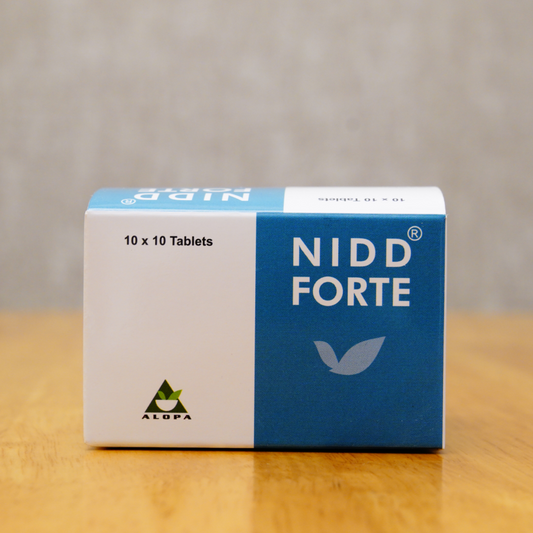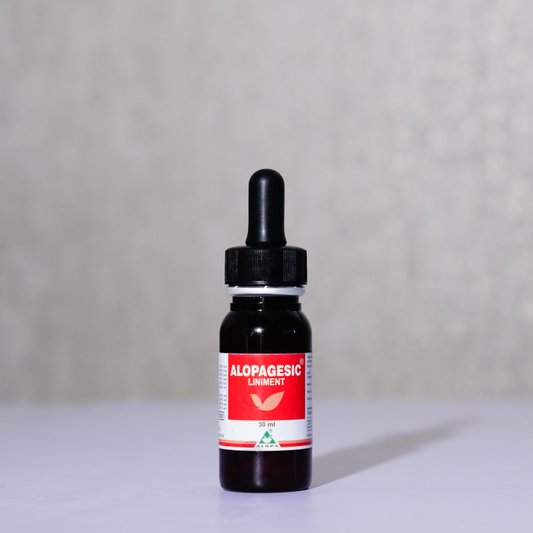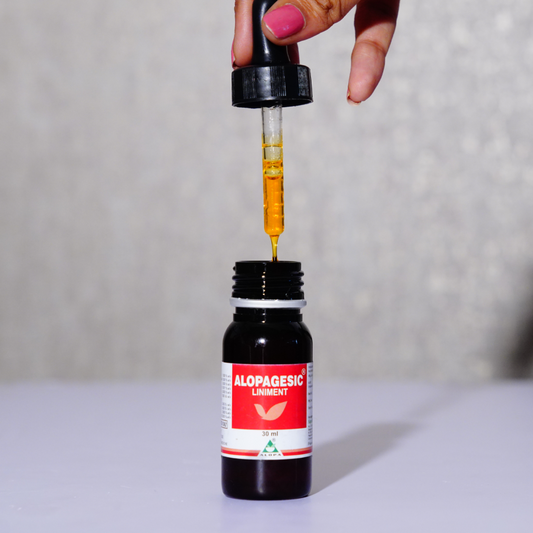
Pippali: The Gentle Fire of the Southern Hills
Tucked quietly between the red earth of Coorg and the shaded undergrowths of the Western Ghats, a slender fruit known to apothecaries and old herbalists alike. It is called Pippali - long pepper to the colonials, Piper longum to the scholars, and to those who know its virtue, the fire that heals.
Not quite the robust, vulgar heat of the common black pepper, Pippali carries its warmth with restraint. It does not shout. It whispers. A dry spice, yes, but with the lingering softness of dried dates and rain-washed wood. In Ayurvedic circles, it is cherished not merely for taste, but for what it stirs deep within. It is said to kindle agni, the digestive flame, in the way a well-tended fire warms a drawing room, never too much, never too little.
The ancient Charaka Samhita speaks of Pippali with a kind of reverence reserved only for the most trusted of medicines. Used in Trikatu, the sacred trio of warming herbs, it finds company with ginger and black pepper. Together they awaken what the body may have forgotten - appetite, clarity, and motion.
What sets Pippali apart is its duality. It is strong yet forgiving. Ideal for those of weaker constitution, the elderly, or convalescents in silk-draped beds beside open verandas. It enlivens without aggression. It restores without imposition.
Merchants once traded it by the ounce across Arabian harbours, its long-stemmed silhouette prized more than gold leaf in certain seasons. It is still harvested today, by hand, by women who know the hills better than any map. They pluck it not in haste, but with understanding - just before the monsoon breaks, when the berries are black but not brittle.
In taste, Pippali offers a note of molasses and ember. In purpose, it offers steadiness. For those who have grown weary of the loud and immediate, of sudden cures and bottled promises, Pippali remains. It waits in quiet jars, on the second shelf of an old teak cabinet. Its label fading, its power intact.
Let others chase the exotic. Those who know, those who remember, reach for Pippali.
Image credit: Photo by Jayesh Pail via Flickr













